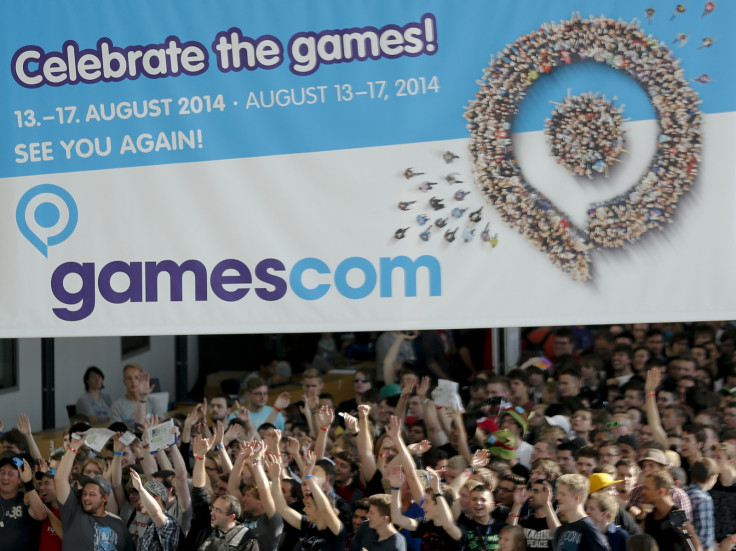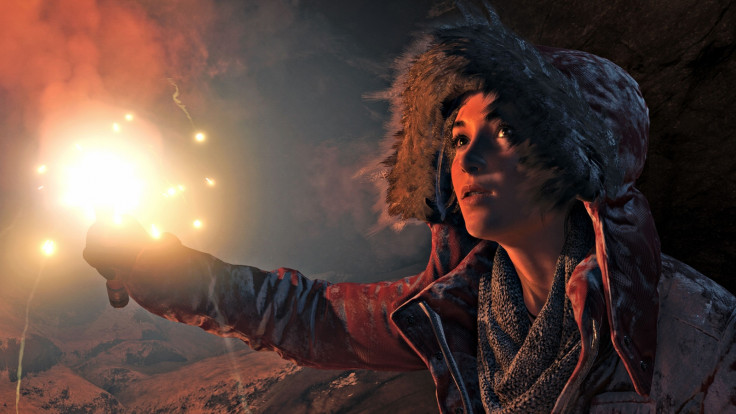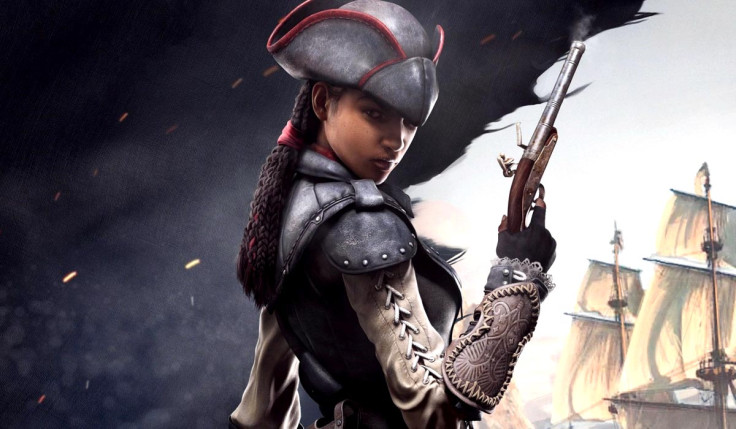Gamescom may be open to everyone but games are far from inclusive

Despite the name, what the National Video Game Arcade (NVA) in Nottingham showcases are not "video games" in the exclusionary, borderline threatening sense, but the broader idea of "play." There are arcade cabinets, modern and retro consoles, and idiosyncratic exhibits from broader gaming culture. Designed like an art gallery, it's a tribute to how the fundamental experiences of games, the pleasures of challenge, interaction and sharing, are universal.
The same can be said for Gamescom, an annual trade show which kicks off in Germany next week. It's a trade show, so a lot of pre-launch, pro-industry hype gas gets blown around, but Gamescom is open to everybody - kids get in for free and as much as unreleased games, the floor space is dedicated to curious and unconventional exhibits.
Compared to E3 - the malformed, gangrenous limb of video game culture, which for some reason refuses to just drop off and die - Gamescom is a better show than you'd ever expect.
You look at Gamescom, you visit the NVA, and you witness the global appeal of things like Minecraft and Call of Duty, and it feels like games have finally gained popular credibility. We all know them and we all play them - the idea that you have to relinquish your identity, and become a "gamer" once you buy an Xbox is steadily fading away. Games these days are for everyone.
So now what?
It feels like games have taken on a massive cultural responsibility without properly understanding the concerns which go with it. Everyone likes escapism, everyone likes play, everyone has a proclivity for fun, so we're all in now – we're all through the door, and we're all listening. So what's next? Aside from appealing to our universal cravings for enjoyment and fancy, what can video games, now a globally recognised form of human expression, say to us? How can games, other than playing on people's most wholesome desires, be for everyone?

Tomb Raider is not a sign of progress
We're all aboard. So in terms of speaking to the lives and experiences of millions around the world, what have games got? Not much. Despite myriad changes to gaming's demographic, the industry itself is still foundering in white, heterosexual, Western male narratives. Speaking in the awful language of business, the mainstream supply has not changed to meet new demand – the games of the 1990s are still being repackaged for 2015.
People – especially a collective of gamers determined to shield their corporate masters from any criticism – will point to games like Tomb Raider and Assassin's Creed as signs of progress. These tokenistic efforts are apparently proof that AAA is growing up and reaching out; that non-males, people of colour and people living outside the Western world are fairly represented by video games.
Sales figures, too, are often used as evidence. If people really cared about homogeneous male politics – if they didn't feel represented – why would they buy these games en masse? The numbers are right so games must be right. If people wanted better representation, then better representation would have a market.
Both those arguments are absurd. Tomb Raider, Assassin's Creed and any mainstream games that feature non-male, non-white or non-Western characters are a step towards better representation, but they are not the endgame. Representation isn't something which can be "achieved" or crossed off, in a tangible, check list sense. To think about it in that way, as a kind of "feature" games need to have now, in order to gratify certain types of consumers, is to emblazon exactly the disinterested, reluctant attitude games have to diversity.
Just because Lara Croft has a smaller chest and some psychological context these days – just because the woman in Assassin's Creed: Liberation is black – doesn't mean games are off the hook. Those titles sell well, but they don't comprehensively solidify games as a medium that is "for everyone." Not even close.

Sexism, racism and xenophobia are the market leaders
As for a market for games with better representation, with 30 years of narrow, white, male power fantasy games bearing down on people's tastes and expectations, it's ridiculous to imagine that a quantifiable consumer base for better representation is going to spring up overnight. Unfortunately we're all accustomed to the way things are – it's been seen to that only a specific kind of video game is made and sold in the mainstream, and it'll take a huge cultural shift before the market for new types of games is on par with the market which already exists.
To once again resort to corporate parlance, diversity in games is a product which has only recently launched. To expect it to instantly have the same consumer base as sexism, racism and xenophobia, the three market leaders, is ridiculous. Games, in regards to representation, are not for everyone. And no financial report, no matter how glowing, is proof to the contrary.
So what next? Games need to embrace the responsibility that they've earned. This industry wanted to be in front of everybody, and now it is, so it's got to start speaking to different experiences, and people other than white men. Tokenistic representation is far from enough. Stories, mechanics, politics in games need to shift to represent broader global experiences, experiences which affect and appeal to more than just bored, white, middle class guys.
I think the idea that games are "for everyone" is healthy, insofar as it's the impetus for unquestionably right-minded places like Gamescom and the NVA. But it's a statement that needs clarifying and mitigating. Games are for everyone inasmuch as more people play and buy them now, but they're far from to everyone, or by everyone. There's a lot to do and change about games before they can be absolved of social irresponsibility. To say that they're "for everyone" now is stop work prematurely, and give games an undeserved pass. We're not even halfway there.
For all the latest video game news follow us on Twitter @IBTGamesUK.
© Copyright IBTimes 2025. All rights reserved.






















